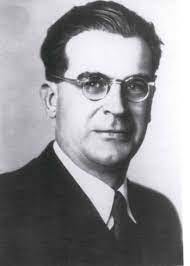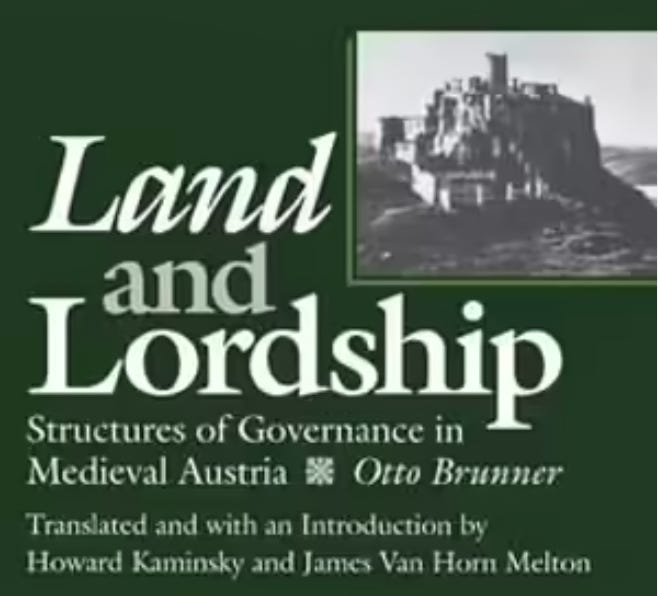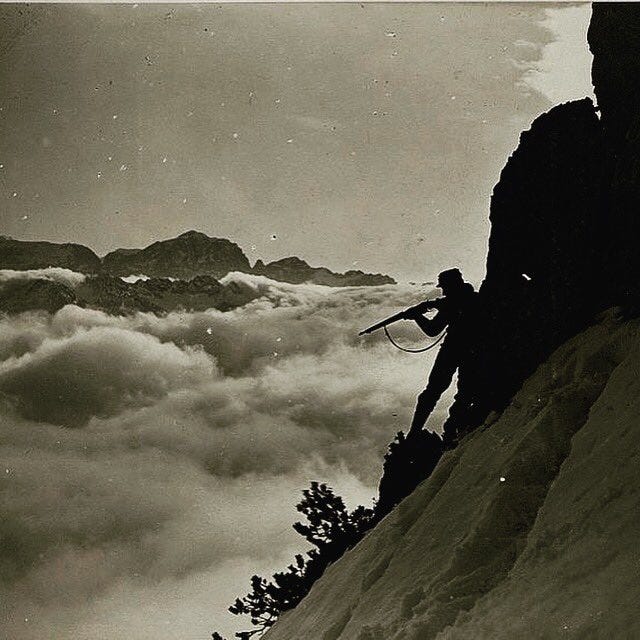“Lordship, possession, are my aim and thought / The deed is everything, the glory naught.”
Heinrich Faust, from Goethe's Faust
“A state? What is that? Well! open now your ears unto me, for now will I say unto you my word concerning the death of peoples.”
Friedrich Nietzsche, Thus Spake Zarathustra
(Disclaimer: Before the internet, most right-wing German texts were not translated into English. We have our bootlegs now, but this theory-shortage in the Anglosphere crippled the right for decades. Whether this was because of the intellectual biases of those running the publishing houses, or the parochial nature of foreign reactionaries, is something for readers to judge for themselves.1 Any errors in translation can be chalked up to that reality.)
The subject of this talk is Otto Brunner. A lesser-known scholar, but a man of power, who nevertheless had a lot to teach us about the historian’s craft, and the nature of the medieval world.
An interesting corner of academia to be sure — but I can anticipate complaints. What is the relevance of this German fossil for twenty-first century reactionaries?
The answer is that Brunner’s conceptual vocabulary, developed to describe the Austrian feudal past, helps us to make sense of what some have called our contemporary, neo-feudal order. His work will allow us to understand worlds before and after the liberal state, in their own illiberal terms.
Works like Land and Lordship, only recently translated, are still a little taboo, given Brunner’s variously racist and elitist political views. But as with the works of men like Martin Heidegger or Carl Schmitt, Brunner’s theories are seen as too intellectually important to be discarded.
Born in the Austrian town of Mödling, where Beethoven spent his twilight years, Brunner would go on to fight for the Central Powers at the Italian front. To anyone familiar with the history of the region, the “Ring of Steel” maintained by the Germans was characterised by bloody and repetitive skirmishes, like the twelve battles of the Isonzo.
After the war, he was swept up in a wave of veterans entering the academy, a “young front generation” confronted by the mortality of the modern state. European liberalism was threatened by postwar risings, revolutions and reactions, and forever modified — made managerial — by the dialectics of the day.






